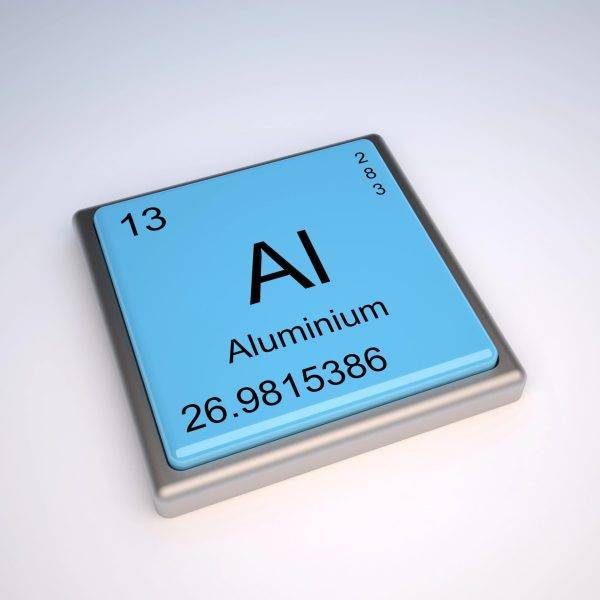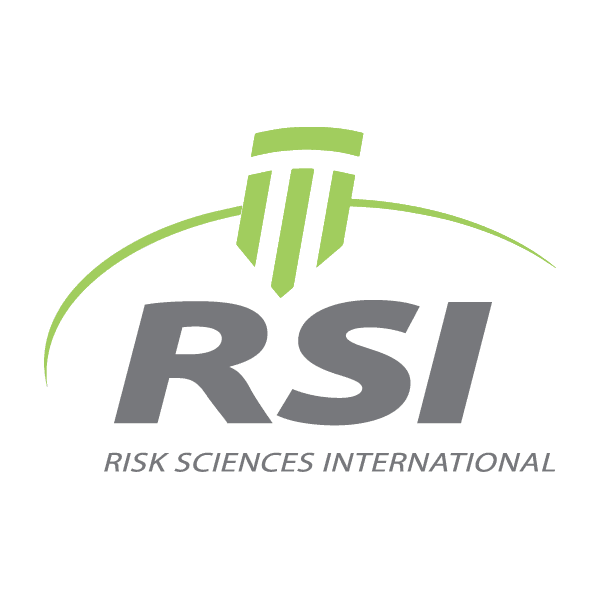Aluminium is among the most widely used metals globally, valued for its light weight, versatility, and role in industries ranging from packaging and construction to transportation and consumer goods. Yet its ubiquity has also raised questions about potential health and environmental risks. Aluminium exposure can occur through food, water, consumer products, and occupational settings, and while generally considered safe at low levels, research continues into its links with neurological outcomes, bone health, and other chronic effects.
The challenge lies in navigating scientific uncertainty alongside public concern. Consumers often encounter conflicting information, while regulatory agencies must balance precaution with practicality. Industries reliant on aluminium face the dual pressures of ensuring product safety and addressing environmental impacts associated with extraction, production, and recycling. Civil society groups add to the debate, advocating for greater transparency, independent research, and stronger protections.
Risk sciences provide a structured approach to understanding these complexities. They enable systematic evaluation of exposure levels, assessment of vulnerable populations, and interpretation of evolving evidence on potential health effects. Risk frameworks also support regulatory harmonization, ensuring consistent safety standards across jurisdictions, while guiding effective communication that addresses public questions without overstating risks.
RSI is dedicated to applying its expertise to the study of aluminium, with the experience and scientific knowledge required to support evidence-based decision-making in this sector.

